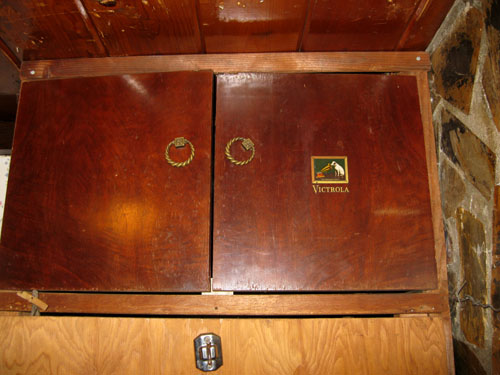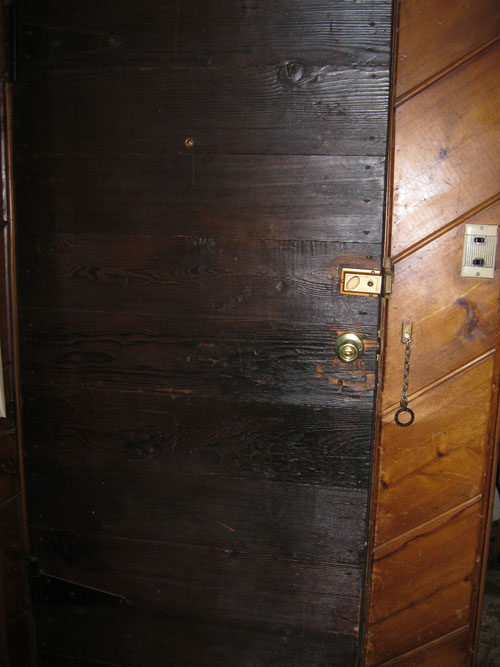Sometimes in my wanderings around the internet I happen across contentious posts and comment sections. I do my best to not participate in these, as does Howard, because participating in contention punches our anxiety buttons and can interfere with our ability to work for days. But sometimes, when I’m not directly involved, I dig in and read the post and the reactions. It is an effort on my part to understand this behavior and why we all get pulled into it at some point. I figure if I can learn from the interactions when I’m not involved, then I’ll be better able to either make my points or disengage when I am involved.
One pattern that I notice is one person choosing to wrestle publicly with complicated and emotionally charged thoughts on an issue and then the comments get dog piled with anger and vitriol most of which doesn’t really address the actual words of the original poster. Instead the commenters project motivations onto the poster based on some assumption or belief in the commenter’s head. Often it feels to me like the commenters are responding more to a dozen conversations and situations which happened before this exchange, rather than to the actual ideas expressed in the post.
The other thing I notice is that most of the time people are not actually attempting to convince other people that their position is right. They think they are, but nothing in their words invites consensus. They instead trigger defensiveness because the person feels attacked. These arguments are far more about venting feelings than about changing minds. Hint: if your comment includes the word Idiot (or any other name calling word) then you are venting feelings. We all need to vent. Sometimes we can’t see what our thoughts are until we see them written or say them out loud. Sometimes we can’t clear our head of assumptions until we’ve spoken ignorantly. Yet on the internet all words tend to be treated like we are planting a flag, claiming territory, declaring which side of the issue we are on. As if people won’t alter their thoughts as a political (or emotional) situation evolves.
It is simple psychology that if a person has to defend their thought from attack, they’re more likely to cling to it rather than let it go. Which means attacking someone for being wrong is the least likely method of convincing someone of their wrongness. I think we all forget this on occasion, particularly when we’re in the grip of emotional reaction or a need to vent those emotions. Politics are huge, like forces of nature, and an individual can feel powerless in the face of them. Being powerless is terrifying, being angry takes a sliver of power back from fear, and it is easier to be angry at someone specific because a person is comprehensible. We might win in a conflict with another person. So people become the scapegoats for our fear-driven anger at something large and uncontrollable.
I try to remember this when I see angry responses. I try to look on the angry person with eyes of compassion and send a prayer that they can be less afraid. This is much harder to do if the anger is aimed at me or mine. I have to find an appropriate balance between defense against actual harm, disengaging, de-escalating, and compassion. This compassion is also hard when I am the angry person. I have to pause and figure out why I am angry, what about this particular incident set me off, whether I’m actually angry with the person in front of me or if I’m angry about something else and tempted to land it all on the person who is in reach. On good days I am able to dig even deeper and find the fear which is driving the anger.
I write to sort these things out. I’m much better able to sort out my thoughts on a contentious topic if I don’t have to defend every thought as I pass through it, so most of my political thoughts do not get posted publicly. I have them. Many of them. I have a host of attached anxieties as well. Howard and I habitually talk about events on the world stage or about smaller conflicts in our various communities. Of late the kids have been listening and adding thoughts of their own. So much is shifting around right now and they are trying to figure out what to think and feel about it. Somewhere in the future we’ll figure out which of the myriad predictions was accurate. For now it is all nebulous and scary. Which is why so many people are angry and so ready to attack each other. I wish I could give the entire world a hug and say “It’ll be okay.” Except I can’t say that truthfully. One person’s “okay” is another person’s “terrible”. No matter how things turn out, some people will be rightfully angry about it.
Keeping political thoughts off the internet seems wise as an anxiety management strategy. Yet there are times where I can’t clear a thought from my head until I’ve spoken it out loud. Sometimes this means posting it publicly where it is open to being attacked. This post was one of those. I argued with myself about it, because I know it doesn’t add anything particularly new to the discourse. I also know that in the writing I’ve probably made errant assumptions or false connections. I kind of want to put a footnote on everything I post online saying “All opinions are subject to change, without notice, upon receipt of further information.” Posting is scary, but if I don’t post, then it clogs up my brain, using up creative circuits that I need for other projects. Sometimes we need to speak up because we want to advocate for change in the world. Other times we need to speak up so we can clear our head for new thoughts.
I wish I had a nice wrapped up conclusion for these thoughts, but they’re still evolving. Most of my thoughts are, which is why I will be trying to give space to the thoughts of others without attacking them, so that they can evolve too.




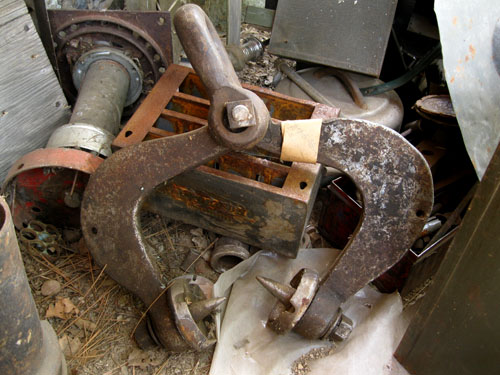
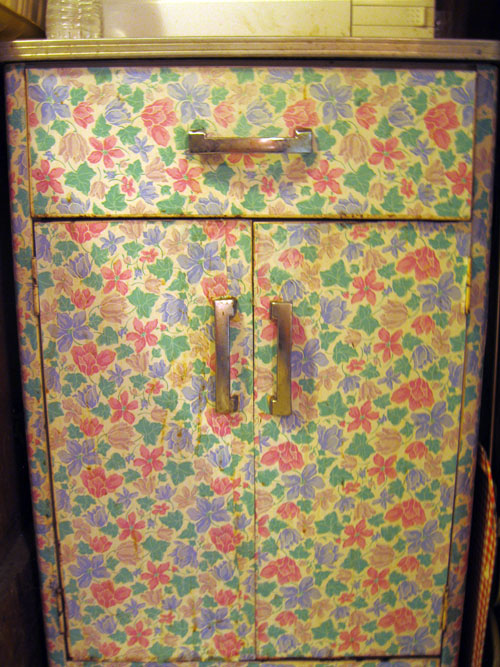

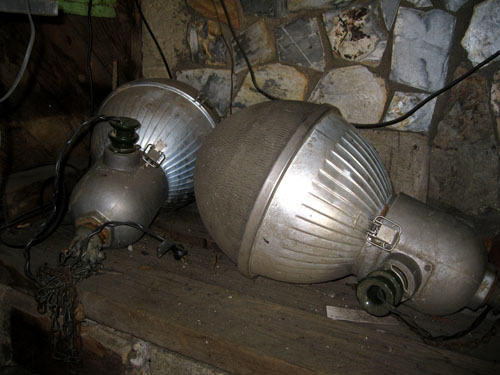

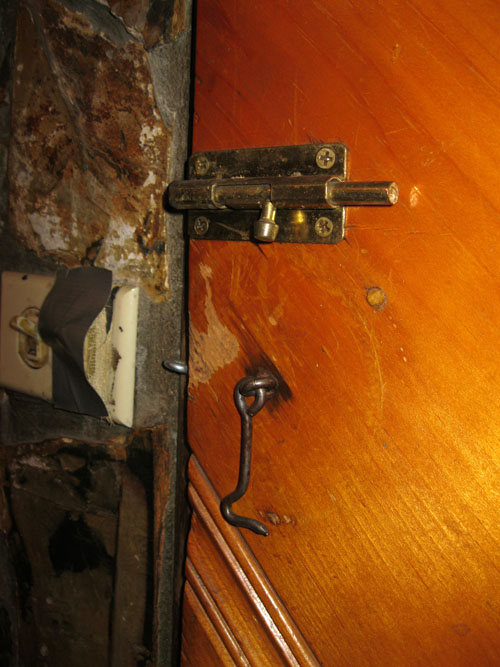
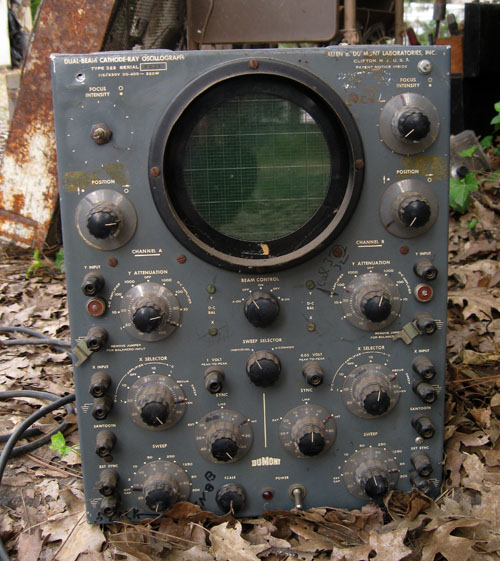

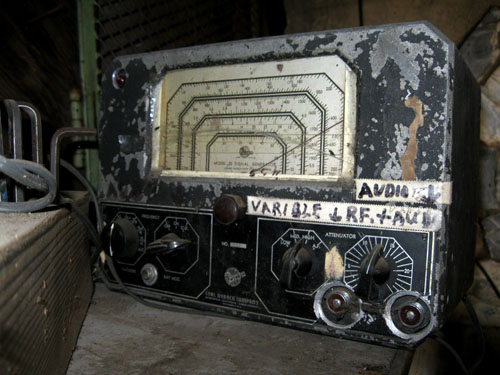
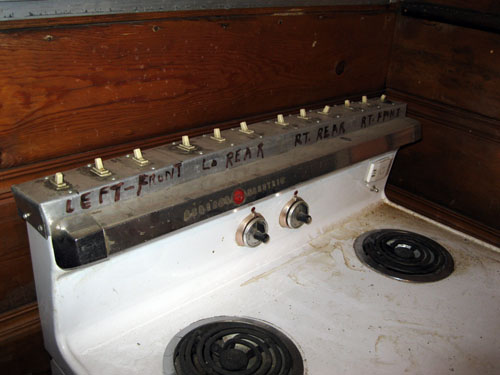
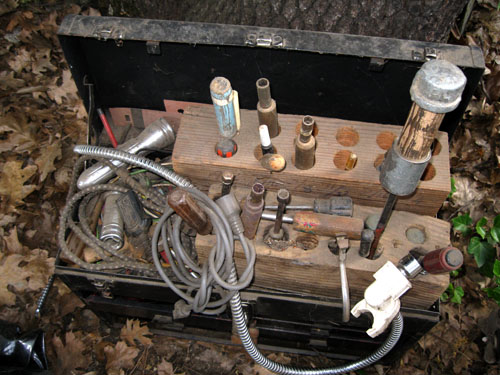

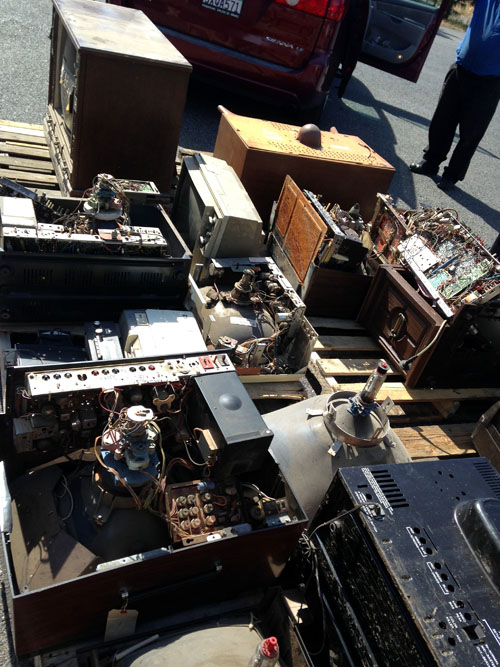
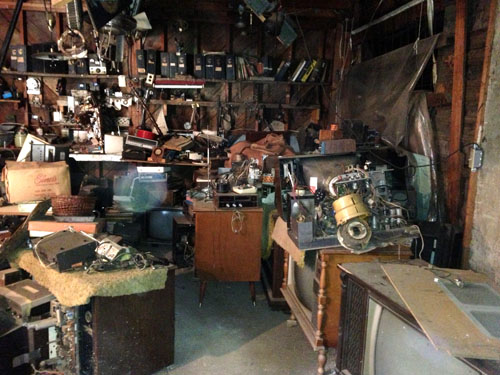
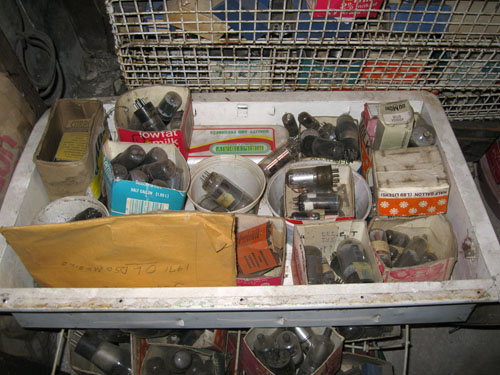
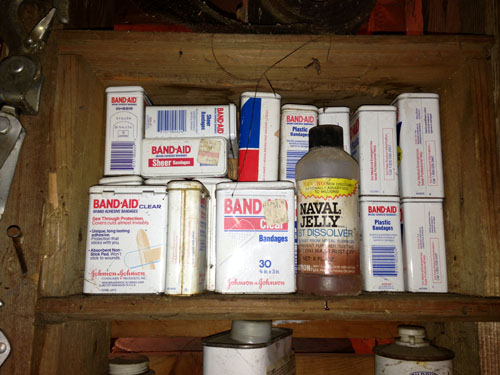
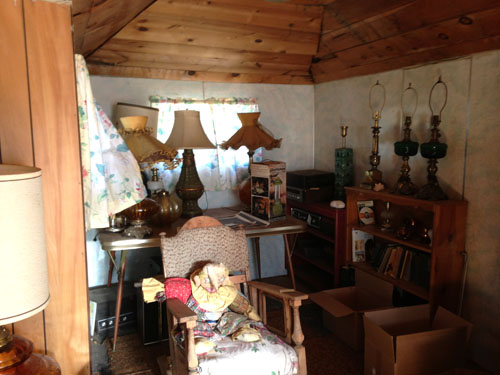
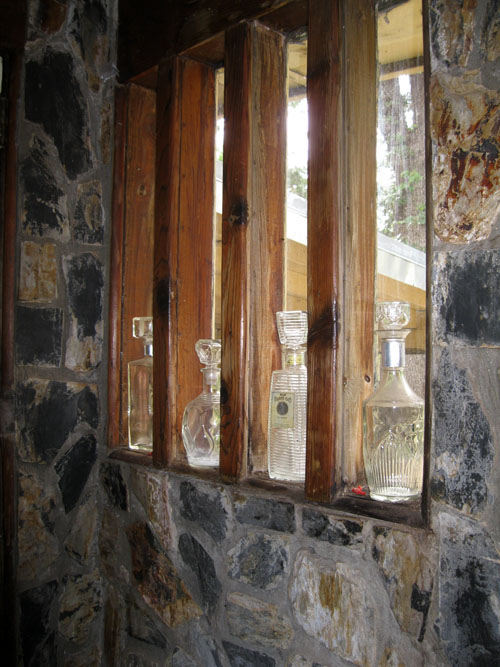
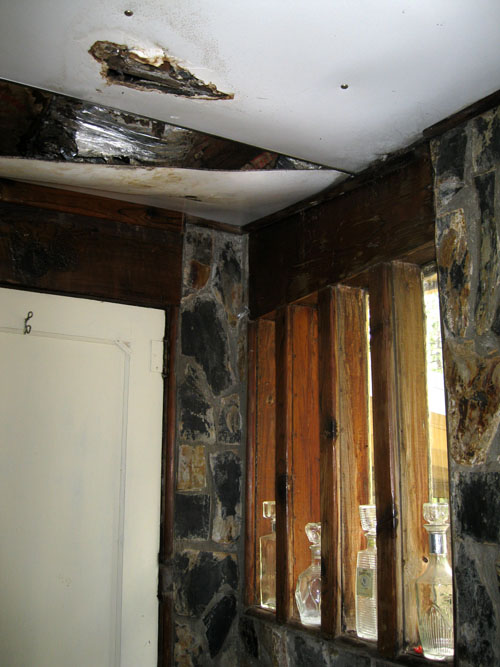
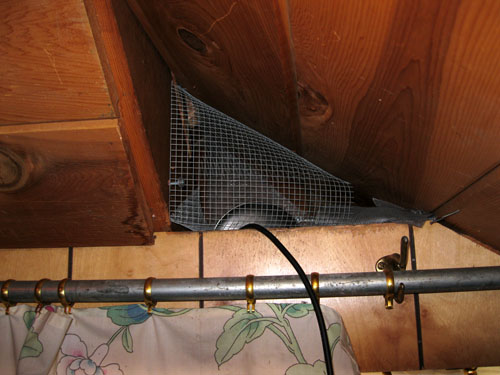

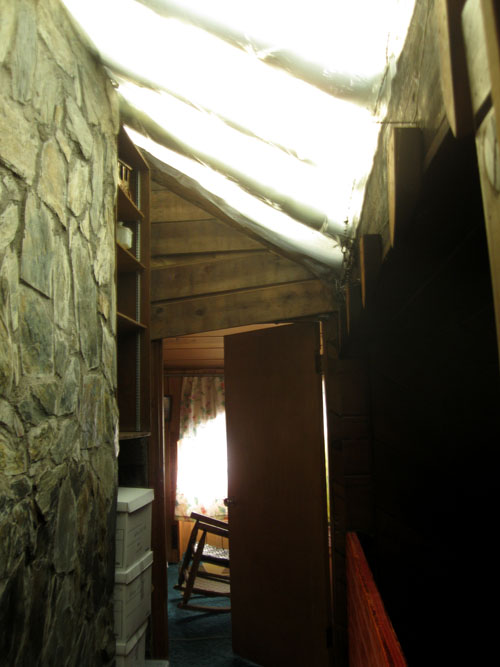
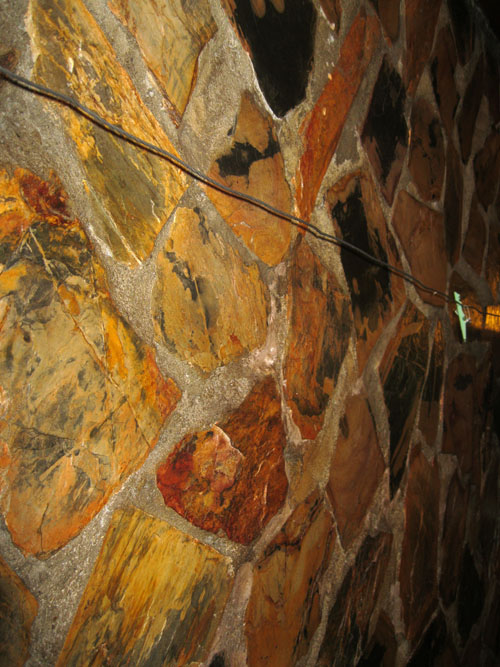 I remember how warm the wall became when there was a fire in the fireplace on the other side. I stood there as a child, after playing in the snow, holding my hands and face near the wall to get warm again. Grandma would hang our gloves from the wire to dry them out.
I remember how warm the wall became when there was a fire in the fireplace on the other side. I stood there as a child, after playing in the snow, holding my hands and face near the wall to get warm again. Grandma would hang our gloves from the wire to dry them out.